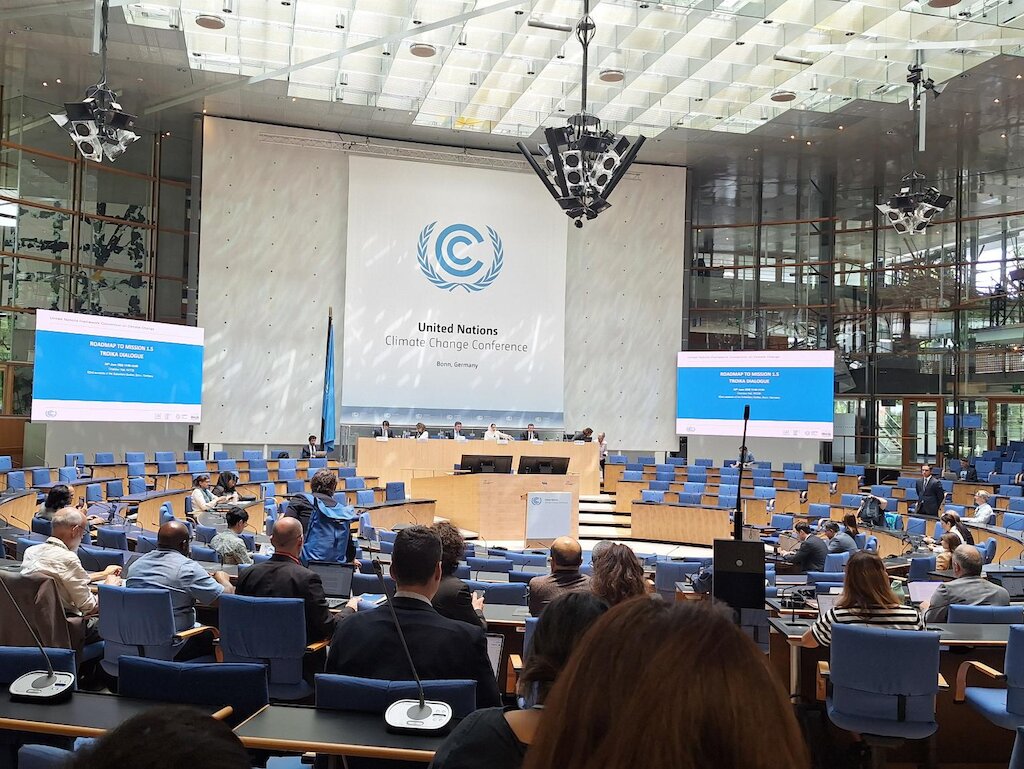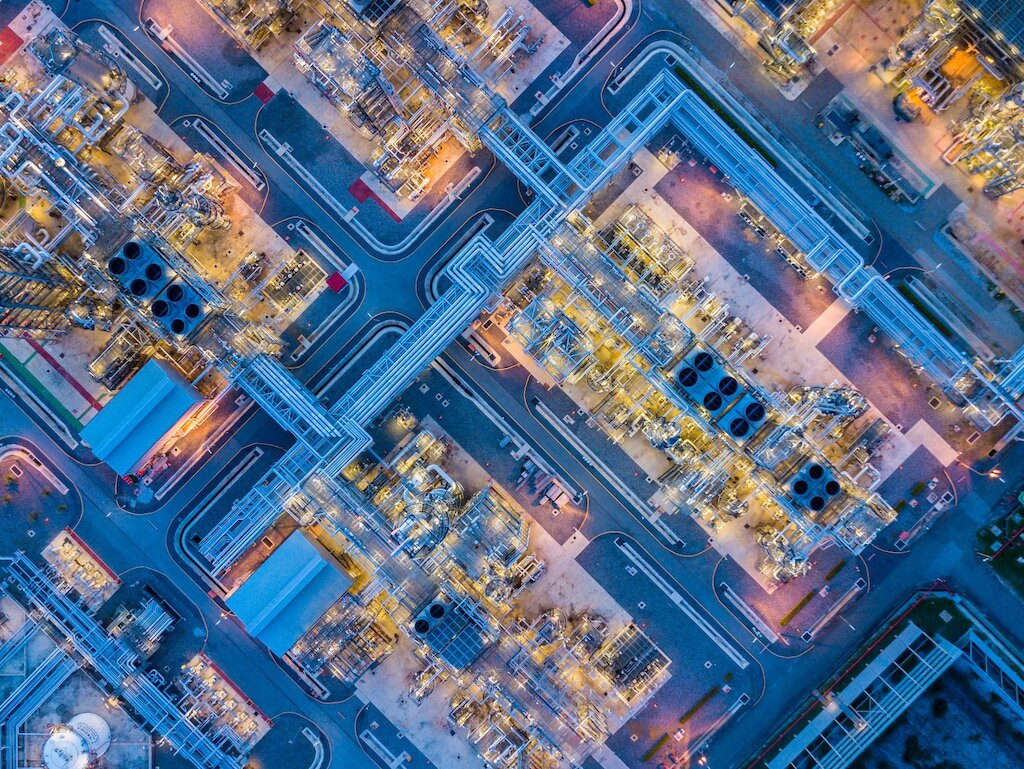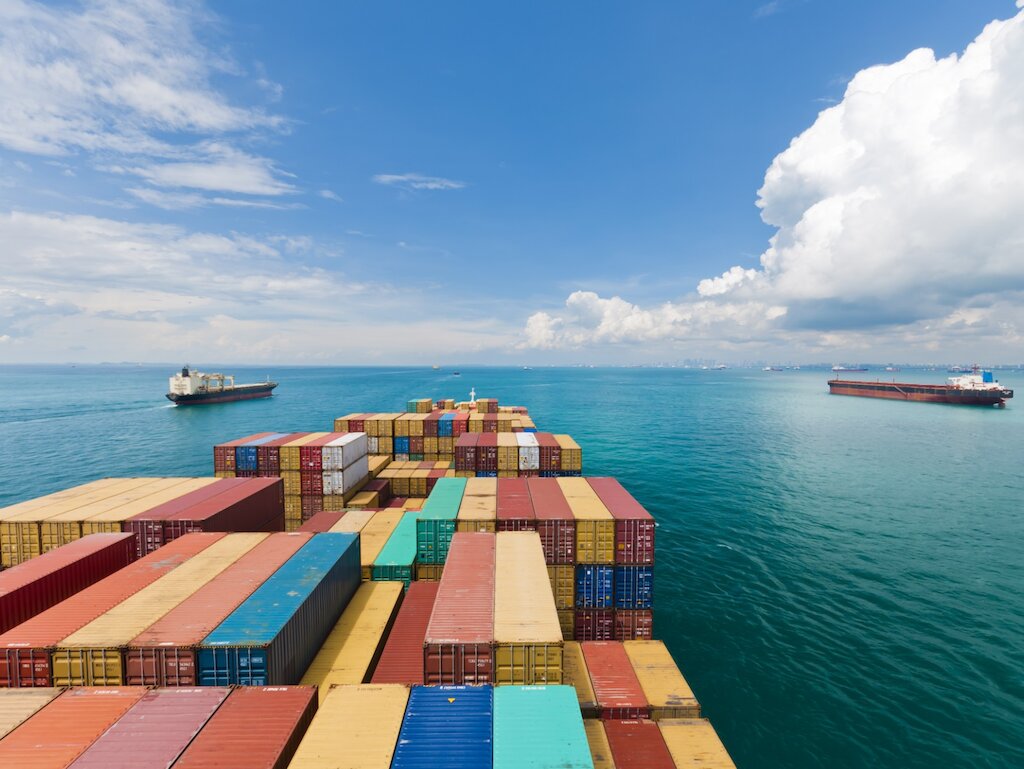The Oil and Gas Methane Partnership 2.0 sets a broad methane reporting framework and aims to deliver a 60-75% reduction in methane emissions by 2030.
Over 62 oil and gas companies have signed up to the Oil and Gas Methane Partnership 2.0 (OGMP 2.0), which aims to reduce the industry's methane emissions by 45% by 2025, and between 60 and 75% by 2030.
OGMP 2.0, which builds on the original framework launched at the UN Climate Summit in 2014, provides a reporting framework for methane emissions in the sector, that will make it easier to track and compare performance across companies.
What's new about OMGP 2.0?
Importantly, the new framework moves beyond a company's own operations, to report on methane emissions from their non-operated and joint venture assets. The OGMP 2.0 framework covers the full oil and gas value chain of upstream production, midstream transportation and downstream processing and refining, as well as all sources of methane emissions.
The goal of the partnership is to enable the oil and gas industry to better monitor and report methane emissions in order to drive deep reductions in their emissions over the next decade.
Cost-effective action
Methane released directly into the atmosphere is a highly potent greenhouse gas, with more than 80 times the warming power of carbon dioxide (CO2) over a 20-year period. Actions to cut methane emissions can yield a quick and substantial reduction in the rate of warming.
According to the International Energy Agency (IEA), roughly three-quarters of methane emissions could be reduced with the technology that exists today, with close to half at zero net cost.
Reducing fossil methane emissions by 75% can prevent up to 6 giga tonnes of CO2 equivalent emissions annually - almost 10% of the planet's 2019 greenhouse gas emissions.
About the OGMP
The OGMP is a Climate and Clean Air Coalition initiative led by the UN Environment Programme, the European Commission and the Environmental Defense Fund. A voluntary initiative, its goal is to help companies reduce methane emissions in the oil and gas sector, while providing a platform to allow member organizations to demonstrate reductions to industry stakeholders.
Related Ipieca resources
- Webinar: reducing methane emissions from the oil and gas sector - guidance for improved operations - 10 December 2020 at 15:00 (GMT), free to attend
- Methane virtual workshop: science, regulations, voluntary initiatives and global expectations
- Ipieca-OGCI Methane workshop
- Exploring methane emissions fact sheet
- Methane glossary



